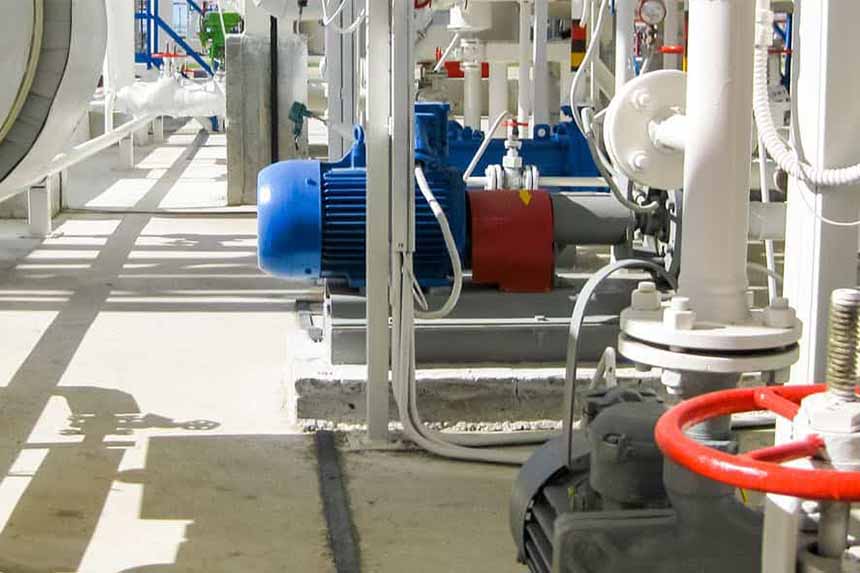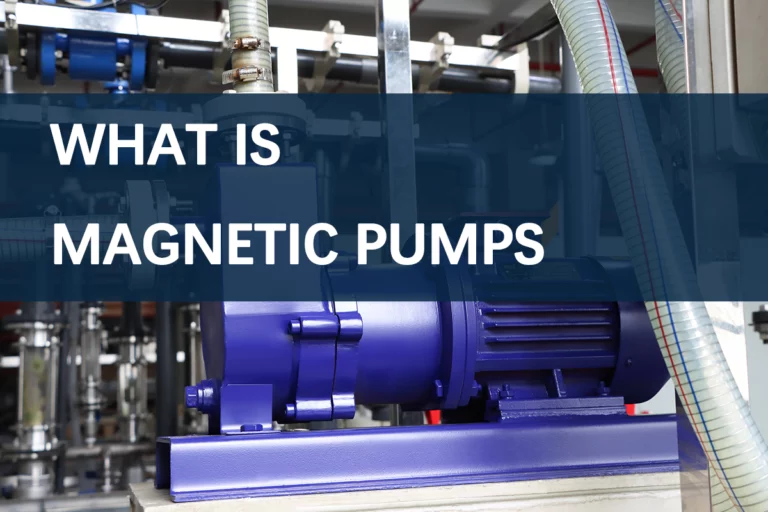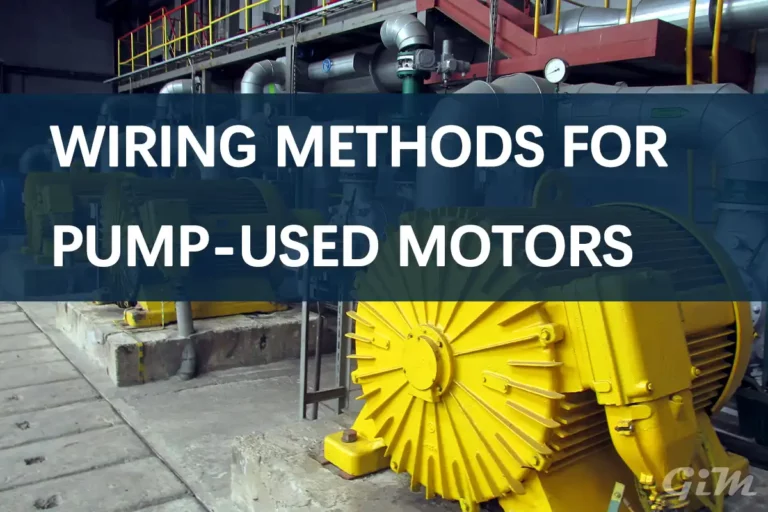A centrifugal pump is a type of mechanical device designed to move fluids through a piping system. It operates based on the principle of centrifugal force, which is created by the rotation of a pump impeller. Here’s a breakdown of how it works and its key features:
How It Works
- Impeller Rotation: The core component of a centrifugal pump is the impeller, which is a rotating disk with blades. When the impeller spins, it imparts kinetic energy to the fluid.
- Centrifugal Force: As the impeller rotates, it pushes the fluid outward due to centrifugal force. This action increases the fluid’s velocity.
- Conversion to Pressure: The high-velocity fluid is then directed into the pump’s volute or diffuser, where its kinetic energy is converted into pressure energy. This results in the fluid being expelled out of the pump with increased pressure.
- Flow Direction: The pump’s casing is designed to direct the fluid from the impeller to the discharge pipe, ensuring efficient flow through the system.
Key Features
- Simple Design: Centrifugal pumps have a straightforward design, making them easy to maintain and repair.
- Wide Range of Applications: They are used in various industries for applications such as water supply, irrigation, chemical processing, and HVAC systems.
- Efficiency: These pumps are known for their efficiency in handling large volumes of fluid and are typically used for continuous, high-flow operations.
- Versatility: Centrifugal pumps can handle different types of fluids, including water, chemicals, and slurries, depending on the design and material of the pump.
Advantages
- Consistent Flow Rate: They provide a steady flow rate as long as the pump operates within its designed capacity.
- Low Maintenance: Due to their simple construction, centrifugal pumps generally require less maintenance compared to other types of pumps.
- Cost-Effective: They are usually more cost-effective for large-volume fluid transfer compared to positive displacement pumps.
Disadvantages
- Performance Sensitivity: Their performance can be affected by changes in system pressure or fluid viscosity.
- Priming Requirement: Centrifugal pumps typically require priming to remove air from the system before starting.
Overall, centrifugal pumps are a reliable and efficient choice for many fluid handling needs, offering a balance of performance, ease of use, and cost-effectiveness.







